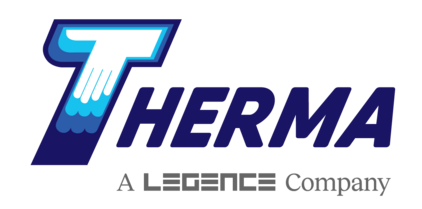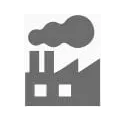by Ali Kriscenski
Homogenizers play an important role in food processing by creating efficiencies and helping to meet overall quality and regulation standards. As integrated equipment, homogenizers require regular maintenance to prevent and remedy any processing disruptions. This article looks at how this equipment can be compromised and how to address issues efficiently.
Homogenizers in Food Processing
The food processing industry is one of innovation and advancements, continually improving processes to achieve higher-quality products and greater efficiency in production. Homogenizers play a key role in today’s food production, as they break down particle size (or emulsify) to eliminate pathogens, extend shelf life, and improve consistency and appearance. In addition to food production, the process of homogenization has numerous benefits in the production of cosmetics and biopharmaceuticals.
How Homogenization Works
The process of homogenization in the food industry involves forcing material through small openings to reduce the size of particles, such as fat globules. This process helps improve food mixes in advance of other processes like pasteurization. Homogenization in the food processing sequence helps reduce fat content, clumping and other conditions that can affect consistency and quality. Some of the benefits of homogenization include less sedimentation, improved color or flavor, and reduced need for additives.
Common Equipment Issues
In food processing production, equipment can be highly sensitive, calibrated and under continuous high pressure or heat conditions. Homogenizers are often used in sequence after heat processes, and the food mixes that pass through the valves and probes can leave residue that includes a variety of chemical compositions.
This residue can build up and cause equipment to run less efficiently or even seize altogether. In a food processing production line, this can quickly have an effect on other equipment, causing it to run under less than optimal conditions or overheat. Any equipment malfunction in the food processing line can affect the overall product quality.
Maintenance for Optimal System Performance
Homogenizers are electrical equipment with intricate parts and need to be inspected regularly to check motors, bearings and all electrical connections. Additionally, the food processing industry is regulated by the U.S. Food and Drug Administration (FDA), which sets guidelines for equipment cleaning and sanitation. These guidelines are in place to ensure food safety, as regular homogenizer maintenance is key to system performance, system lifespan and consumer safety.

Manual maintenance and cleaning is an option for production equipment of certain scales or capacity. In larger processing configurations, automated clean-in-place systems help manufacturers stay at high production levels. Either approach requires adherence to a regular schedule or cycle of maintenance to ensure calibration, performance, cleanliness and sanitization that meets FDA and other requirements.
Professional Homogenizer Maintenance
The right maintenance partner can help optimize and support your facility’s equipment maintenance plan. Specialists like those at Therma can also help identify and predict equipment failures before they occur, avoiding loss of production and costly repairs. Regularly scheduled professional maintenance can create long-term cost savings and extend equipment life. Therma’s service providers are backed by a team of engineering professionals who specialize in process system design and industrial controls for the food, pharmaceutical and manufacturing industries.
Contact us today to speak to maintenance expert >>
Ali Kriscenski was trained in high-performance building design at Boston Architectural College. She has worked with leading architecture and construction firms in NYC and New England and served on the executive team at the Forest Stewardship Council International. She was the managing editor at Inhabitat and has worked pro bono for the Green Building Institute, ISEAL Alliance and Habitat for Humanity.
Sources
Science Direct — Homogenizers – An Overview
Homogenizers — Cleaning & Maintaining a Homogenizer
ISO — Food Safety Maintenance








